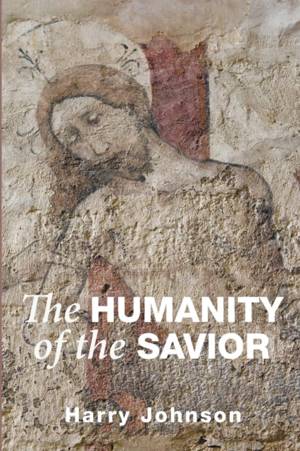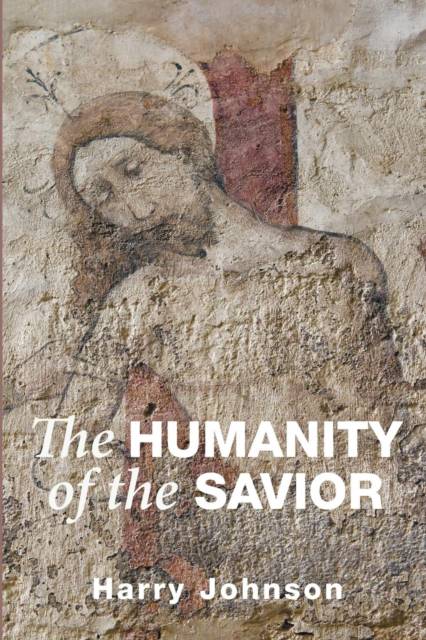
- Retrait gratuit dans votre magasin Club
- 7.000.000 titres dans notre catalogue
- Payer en toute sécurité
- Toujours un magasin près de chez vous
- Retrait gratuit dans votre magasin Club
- 7.000.000 titres dans notre catalogue
- Payer en toute sécurité
- Toujours un magasin près de chez vous
Description
The eternal Son of God became man for our salvation; but what kind of human nature did he assume? The answer of this book is that he took human nature as it was because of the fall. Despite this, he lived a perfect, sinless life, and finally redeemed this ""fallen nature"" through his cross; this victory is the basis of atonement. The New Testament supports this christological position, and there are several indications that suggest it gives a deeper interpretation to some sections of the gospel narrative. It is clearly taught by Paul, and is the obvious implication of certain aspects of the Christology of Hebrews. During the centuries, but mainly in the post-Reformation period, a number of theologians have expounded this theory, and in the present century there have been distinct signs that it is becoming more acceptable to theological thought. The various advocates of the theory are not unrelated, for certain principles of unity hold them together. The number of advocates through the years, however, has been few. One reason for this is that the term ""fallen human nature"" has often been misunderstood. Additionally, throughout the history of Christology, there has been a serious tendency to neglect the humanity of Christ, and this has gone decisively against the general acceptance of the doctrine that Christ assumed ""fallen human nature."" If the theory is accepted, it helps to give a more adequate view of the work of Christ. There are five main theories of the atonement; all these are strengthened, and many of their weaknesses are eliminated, if this christological theory is accepted. Here is a book that contains new thinking on a great theme. It is clear, logical, and rewarding to both mind and heart.
Spécifications
Parties prenantes
- Auteur(s) :
- Editeur:
Contenu
- Nombre de pages :
- 238
- Langue:
- Anglais
Caractéristiques
- EAN:
- 9781498207515
- Date de parution :
- 21-01-15
- Format:
- Livre broché
- Format numérique:
- Trade paperback (VS)
- Dimensions :
- 152 mm x 226 mm
- Poids :
- 362 g







